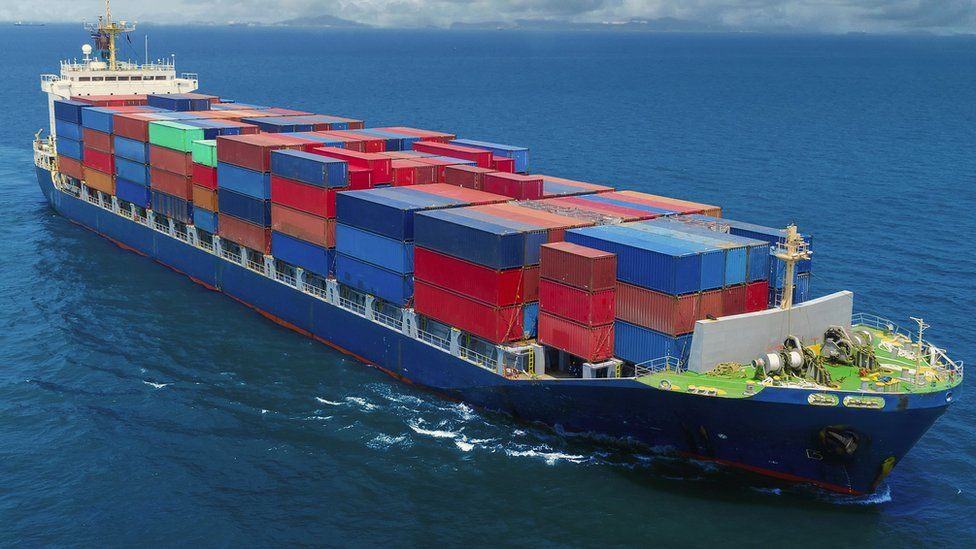Future Risks to the Shipping Industry

Future Risks to the Shipping Industry
One of the biggest challenges to the shipping industry is fuel adoption for the next generation of vessels. Ships typically have an economic life span of 20-25 years depending upon the type size of the ship. Considering the lead time to order a newly built ship is typically around 2 years which could balloon to longer periods depending upon shipyard construction berths slots investment in next-generation ships which would for the next 20 years approximately comply with environmental green standards is derailing investment in new ships which would be required for global trade in the short-to-mid-term horizon.
A series of new reports released by the World Bank in April 2021 identify green fuels ammonia and hydrogen as the most promising zero-carbon bunker fuels available for the maritime industry at present. The World Banks recommendation that Liquefied natural gas LNG on the other hand will mostly play a limited role in the decarbonization of the shipping sector and that countries should avoid new public policy supporting LNG as bunker fuel reconsider existing policy support and continue to regulate methane emissions to put shipping on a Paris-aligned GHG emissions trajectory is met with complete opposition from oil major producers such as Shell Further shipping intelligence guides that around 100 neo-Panamax containerships i e 9000 to 15000 teu and about 30 ultra-large ULCC box ships i e 24000 teu were ordered between October 2020 and March 2021 with scheduled delivery from the shipyard expected between 2023 to 2025 Many of these vessels are being designed with Dual Fuel engines the preferred green fuel being LNG.
On the road to a Blue Economy, the ongoing debate between climate groups and energy producers regarding maritime decarbonization could cause a lot of collateral damage to the global shipping ecosystem by delaying new builds In a dynamic industry with an already strained supply chain and one that is operating in a VUCA environment time is of the essence at the very least. With the lack of uniform policies and initiatives that drive the transition to future fuels, there could be undesirable and irrevocable implications for the shipping industry at large.